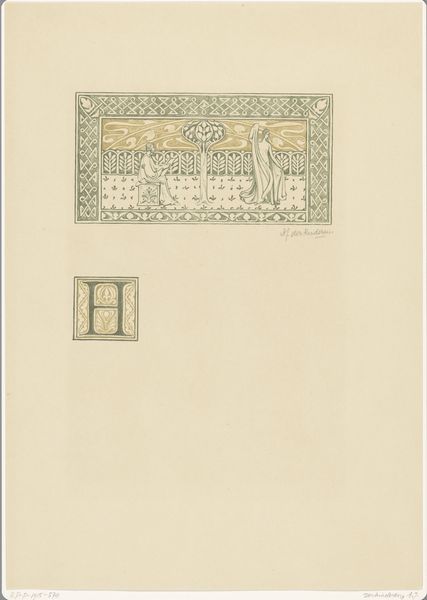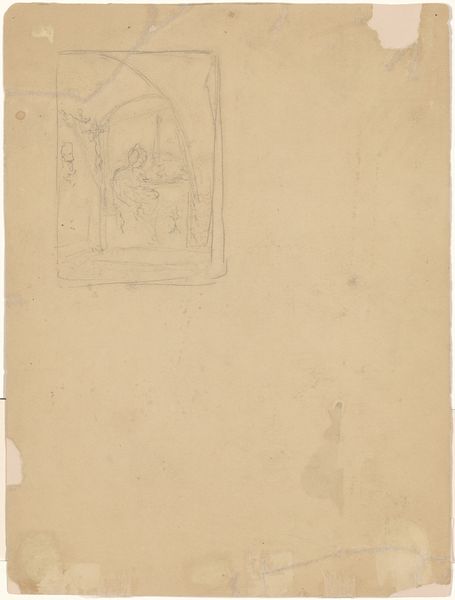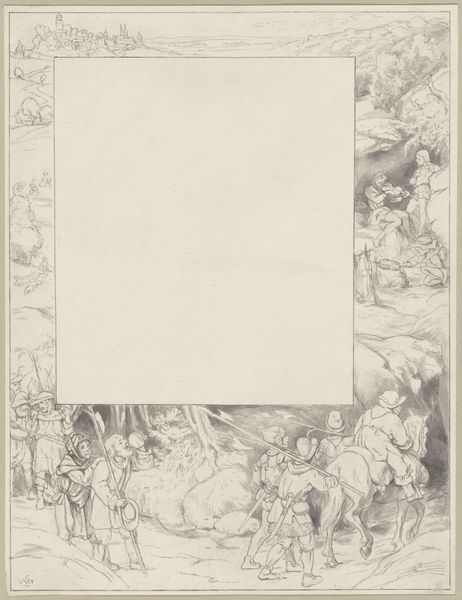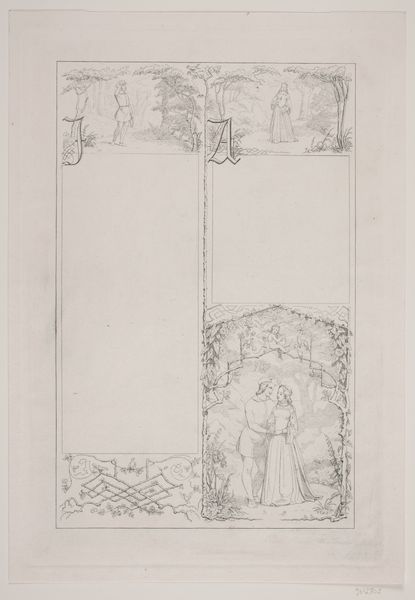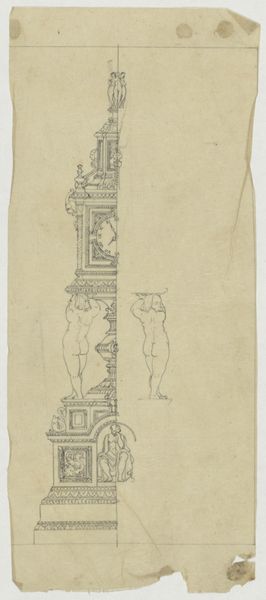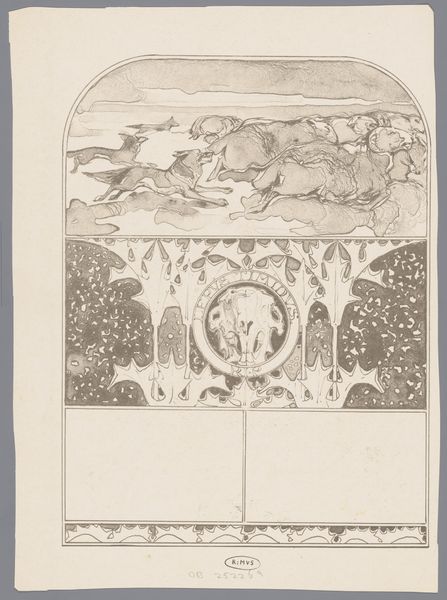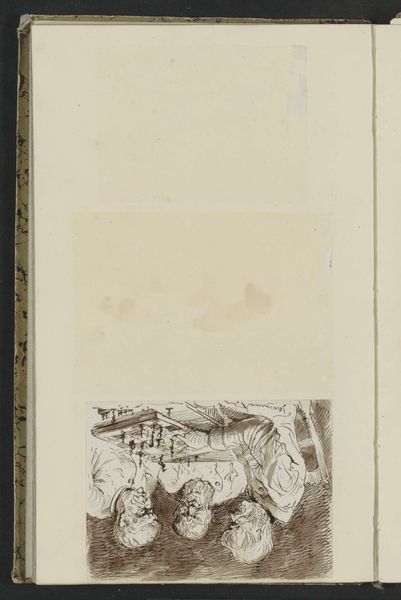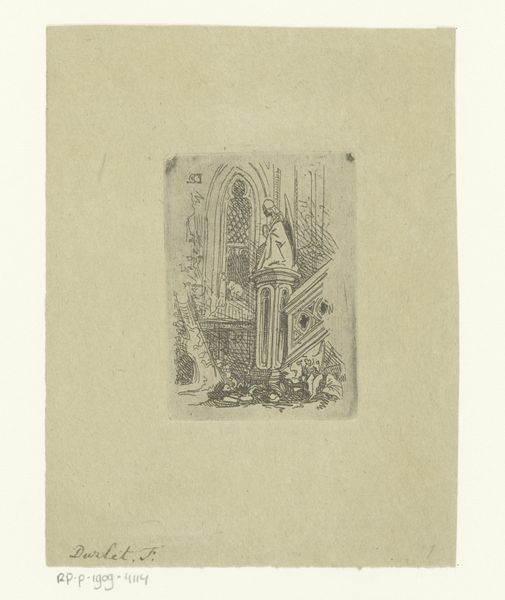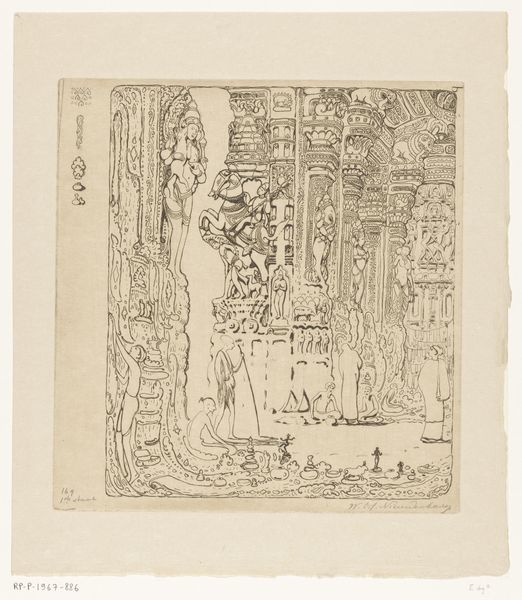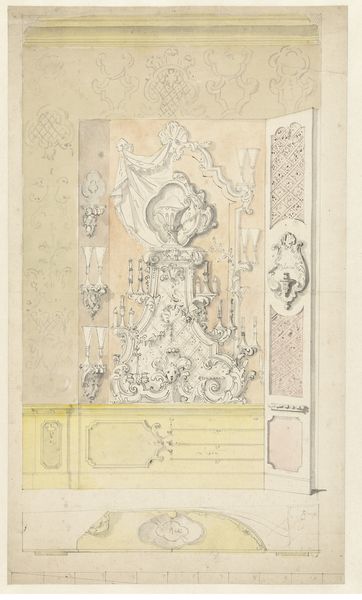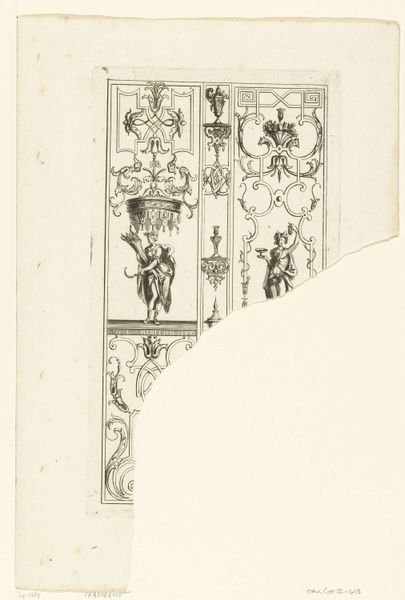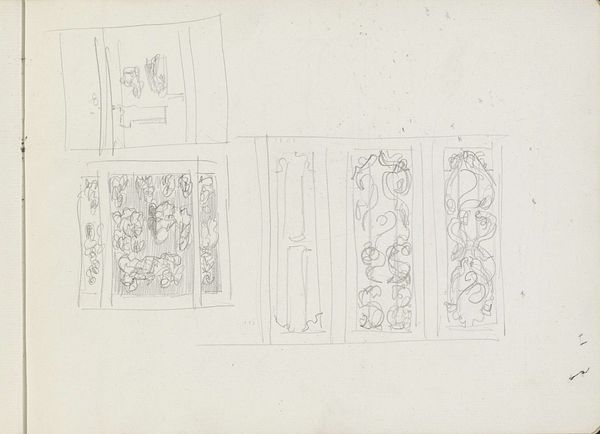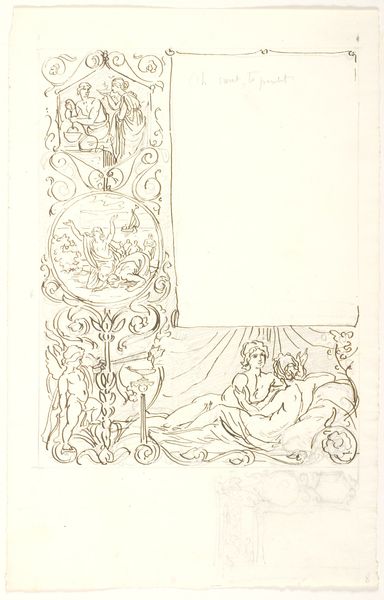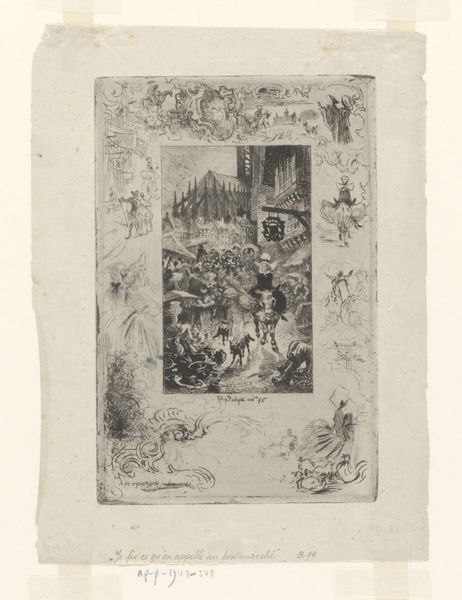![Arbeit und Leben im Kloster MaulbronnIllustration zu_ Heinrich Steinhausen, „Irmela. Eine Geschichte aus alter Zeit“, Prachtausgabe, Leipzig_ Georg Böhme, [1884], S. 7 by Wilhelm Steinhausen](/_next/image?url=https%3A%2F%2Fd2w8kbdekdi1gv.cloudfront.net%2FeyJidWNrZXQiOiAiYXJ0ZXJhLWltYWdlcy1idWNrZXQiLCAia2V5IjogImFydHdvcmtzLzBlYzI1OTFkLTJiODktNDMwZS05ZjExLTZiZDgyOTkyZTg4ZC8wZWMyNTkxZC0yYjg5LTQzMGUtOWYxMS02YmQ4Mjk5MmU4OGRfZnVsbC5qcGciLCAiZWRpdHMiOiB7InJlc2l6ZSI6IHsid2lkdGgiOiAxOTIwLCAiaGVpZ2h0IjogMTkyMCwgImZpdCI6ICJpbnNpZGUifX19&w=3840&q=75)
Arbeit und Leben im Kloster MaulbronnIllustration zu_ Heinrich Steinhausen, „Irmela. Eine Geschichte aus alter Zeit“, Prachtausgabe, Leipzig_ Georg Böhme, [1884], S. 7 c. 1884
0:00
0:00
drawing, ink
#
drawing
#
medieval
#
ink
Copyright: Public Domain
Wilhelm Steinhausen made this illustration of labor and life in Maulbronn Monastery around 1884 as part of a suite of images for a historical novella. The image shows the cloistered life of the monastery through the lens of labor. Monks are shown working as builders, carpenters, and bricklayers, while some attend to scholarly pursuits at a desk. The location is key; Maulbronn Monastery in Germany was founded in the 12th century, and its architecture reflects both religious devotion and the economic activities necessary for the monastery's survival. The image's visual codes reference a romanticized medieval past, a common theme in 19th-century German art. Steinhausen, however, complicates this romantic view by highlighting the daily labor that sustained monastic life. Understanding this work requires a look into institutional histories of monastic orders, as well as the social and economic conditions of 19th-century Germany. By consulting historical archives and scholarly research, we can further appreciate how Steinhausen’s art reflects and interprets the social structures of its time.
Comments
No comments
Be the first to comment and join the conversation on the ultimate creative platform.
